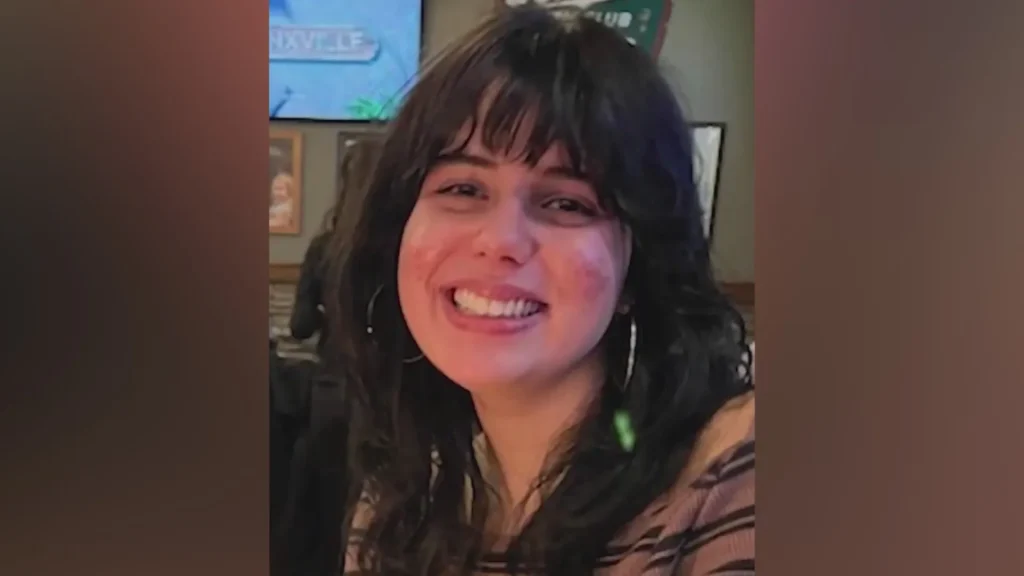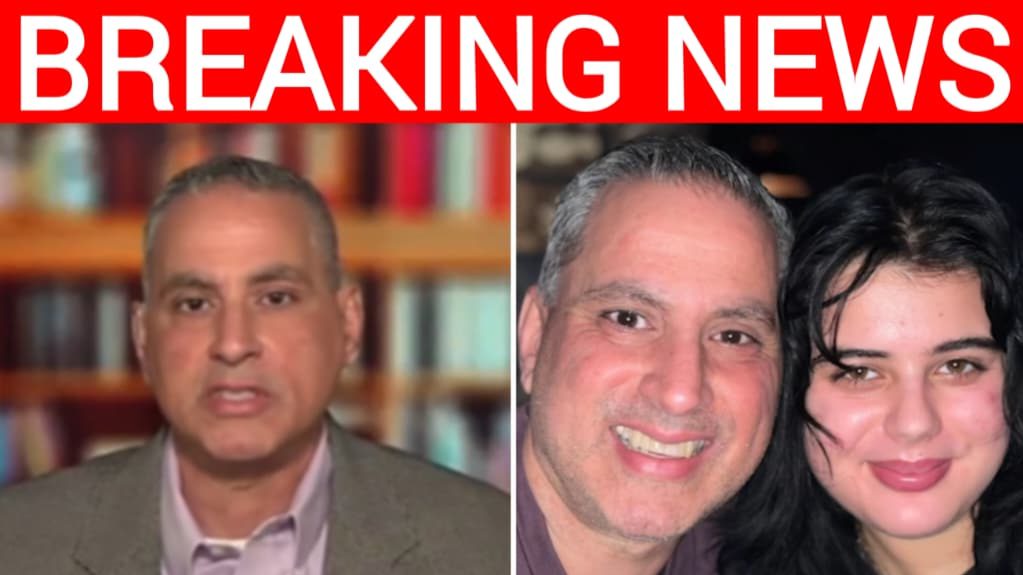Chicago Father of 21-Year-Old Killed in Hit-and-Run by Undocumented Immigrant Breaks Silence, Slams Governor Pritzker for Opposing ICE Operation
The grief of losing a child is something no parent should ever have to endure, yet for Joe Abraham, that nightmare is his reality. His 21-year-old daughter, Katie Abraham, was struck and killed in a hit-and-run crash in Illinois earlier this year. The driver was later revealed to be an undocumented immigrant, and from that moment forward, Joe’s life was changed forever. Now, as the federal government launches an immigration enforcement campaign in Chicago named in Katie’s honor, Joe is speaking out with a mixture of heartbreak, anger, and frustration.
The initiative, called Operation Midway Blitz, was announced by the Department of Homeland Security and focuses on detaining undocumented immigrants with criminal records. Federal officials said they reached out to Katie’s family and received permission to dedicate the operation to her memory. To Joe, the tribute is bittersweet. On the one hand, he appreciates the recognition of his daughter’s life and the hope that her tragedy might spark meaningful change. On the other, he is painfully aware that nothing will bring her back. “My daughter was taken. We are separated. I will never see her again. She got death. I got a life sentence,” he told reporters, his words cutting straight through the political noise that now surrounds her story.

Joe’s criticism has focused heavily on Illinois Governor J.B. Pritzker, who has spoken out against the operation, calling it a political stunt meant to spread fear in immigrant communities rather than protect public safety. For Joe, those words sting deeply. He believes that cooperation between state leaders and federal agencies is essential to preventing tragedies like the one that took his daughter. “I would expect that he would work with the administration to make our streets a little bit safer,” Joe said in an emotional television interview. “Families are separated, children are being taken or parents are being taken—that’s what I hear all the time. But my daughter was taken. We’re separated. She died. And now I’m sentenced to a life sentence.”
His words have resonated with many who feel the debate over immigration has become too abstract, too focused on politics and not enough on the real lives affected. For Joe, the conversation is not about ideology but about safety. He sees in his daughter’s death a preventable tragedy, one that might not have happened if stronger enforcement and better cooperation had been in place. He does not deny that immigration is complicated, but he insists that public officials cannot ignore the voices of grieving families like his.
Katie’s story has now become part of a larger national moment. Federal agents are already making arrests under Operation Midway Blitz, while local leaders, including Mayor Brandon Johnson, continue to object. Critics say the operation risks instilling fear in entire communities, especially among Latino residents, and could lead to mistakes or overreach. Supporters argue that the focus on individuals with criminal histories is a necessary step in restoring accountability and safety. In the middle of these clashing perspectives is Joe Abraham, a father whose heartbreak is unending.

He has spoken about his daughter with tenderness, remembering her not as a symbol or a headline but as a vibrant young woman with her whole future ahead of her. That is what makes his anger so raw. He does not want her death to be forgotten in the swirl of political rhetoric. “She got death, I got a life sentence,” he repeated, underscoring that no debate or policy position will ever balance the scales of justice for him. His words are not calculated political lines—they are the anguished truth of a man who will carry his loss for the rest of his life.
In the days ahead, the debate over Operation Midway Blitz will continue. Politicians will argue, activists will organize, and federal agents will do their work. But for Joe Abraham, the conversation will always circle back to Katie. His hope is simple: that her story might lead to decisions that keep other families from enduring the same heartbreak. Whether that hope is fulfilled remains to be seen, but his voice has already cut through the noise, reminding everyone that behind the headlines are real people, real families, and losses that cannot be undone.


